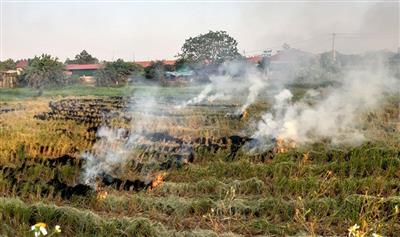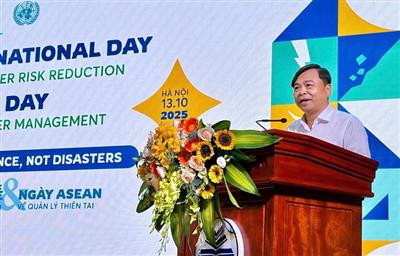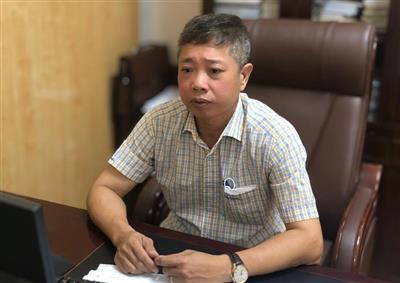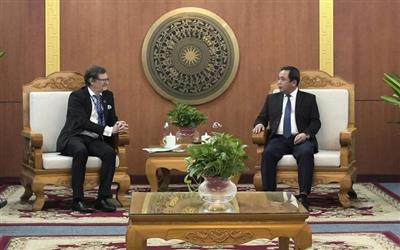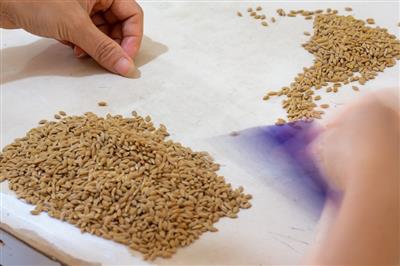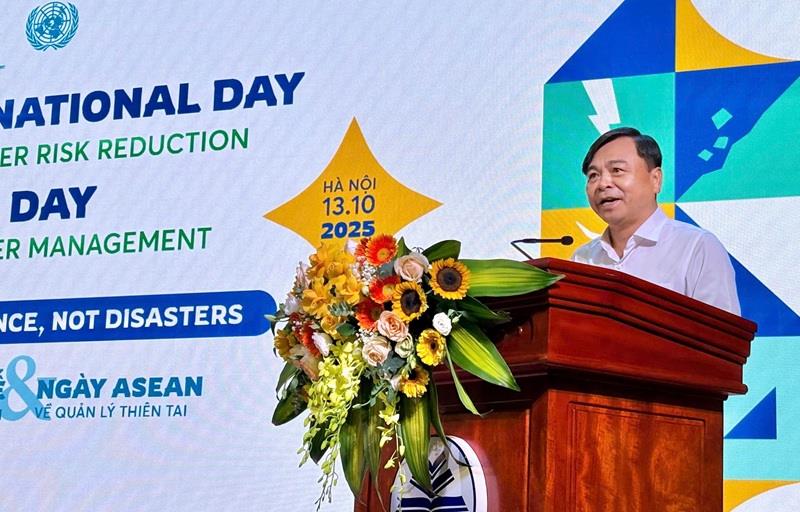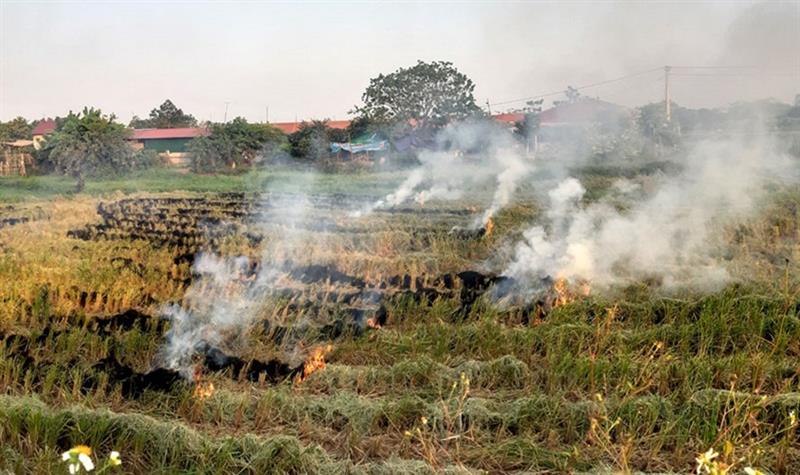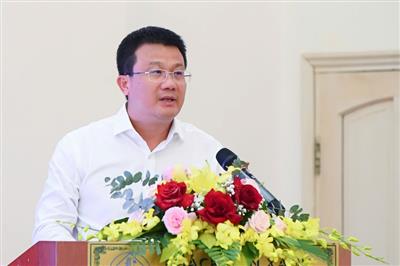
Toward a transparent, accountable, and sustainable food system: Vietnam accelerates transformation toward 2030
24/06/2025TN&MTOn June 24, in Hanoi, the Ministry of Agriculture and Environment of Viet Nam, in collaboration with the United Nations Development Programme (UNDP) and key partners, convened a national consultation workshop on the draft Programme Implementation Plan (PIP) for the National Action Plan to transform the food system toward transparency, accountability, and sustainability by 2030. The event was held under the technical support framework of the United Nations SDG Joint Fund, and served as a key preparatory milestone for Viet Nam’s participation in the upcoming UN Food Systems Summit +4 (UNFSS+4) scheduled for July 2025 in Ethiopia.
Overcoming institutional and financial barriers
Under Decision No. 300/QĐ-TTg dated 28 March 2023 by the Prime Minister, Viet Nam officially approved the National Action Plan for Food Systems Transformation with the vision of building a safe, inclusive, low-emission, and climate-resilient food system.
The draft PIP, presented at this workshop, translates strategic goals into 37 specific actions, assigning responsibilities, timelines, monitoring mechanisms, and resource mobilization strategies—with an emphasis on private sector engagement.
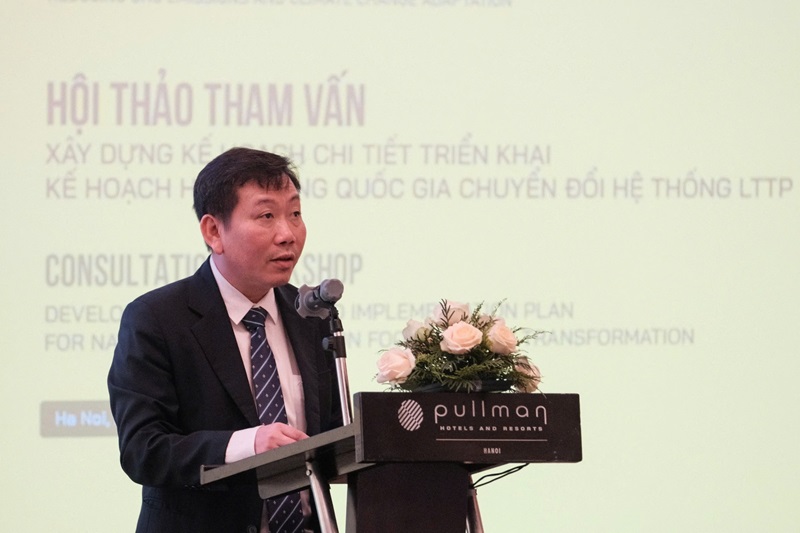
Mr. Nguyen Do Anh Tuan, Director General of the Department of International Cooperation (Ministry of Agriculture and Environment), emphasized the urgency of food systems transformation amid rising global challenges, calling for immediate, coordinated action across sectors
In his opening address, Mr. Nguyen Do Anh Tuan, Director General of the Department of International Cooperation, Ministry of Agriculture and Environment, stressed: “Transforming the food system is an urgent priority, as global food security is increasingly threatened by climate change, pandemics, biodiversity loss, and social inequality. The time to act is now.”
Despite progress in sustainable agriculture policy, Viet Nam still faces significant institutional fragmentation and a lack of effective financial mechanisms to support implementation. Cross-sectoral coordination and integration of food system goals into national and subnational programmes remain limited.
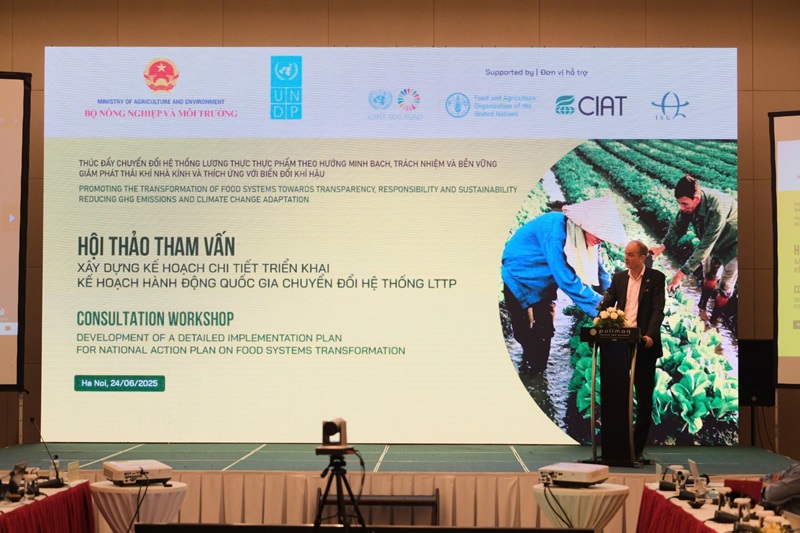
Mr. Patrick Haverman, UNDP Deputy Resident Representative in Viet Nam, called for turning the PIP into a practical tool to mobilize private investment and drive systemic change
Mr. Patrick Haverman, Deputy Resident Representative of UNDP in Viet Nam, emphasized: “The Programme Implementation Plan must be more than a technical document. It must become an operational instrument—one that mobilizes private capital, fosters financial innovation, and connects international resources to drive systemic change.”
Dr. Dang Kim Son, former Director General of the Institute of Policy and Strategy for Agriculture and Rural Development (IPSARD) and Lead expert of the drafting team, added: “To move from commitment to action, we need large-scale, transformative programmes that connect production, processing, distribution, and consumption. A unified inter-sectoral coordination mechanism is essential to align planning, public investment, and off-budget resources.”
Unleashing transformation through five pillars
Delegates were divided into five technical working groups to discuss in depth the priority pillars outlined in the PIP, each reflecting both systemic challenges and new opportunities for transformation. The first pillar, institutional and policy coherence, focused on mainstreaming food system transformation into national planning, regional development, and target programmes. Participants emphasized the urgent need for more effective inter-agency coordination and regulatory harmonization, which remain persistent bottlenecks. The second pillar, agroecological transition, examined Viet Nam’s ongoing shift toward low-emission, nature-positive agriculture. However, fragmented smallholder production systems and limited investment incentives continue to impede scaling. The third pillar, nutrition and local food diversity, proposed a shift from volume-based to quality-centered food policies, especially for vulnerable communities. Specific actions discussed included conserving indigenous crops and livestock and promoting culturally significant local foods as a dedicated element of the PIP.
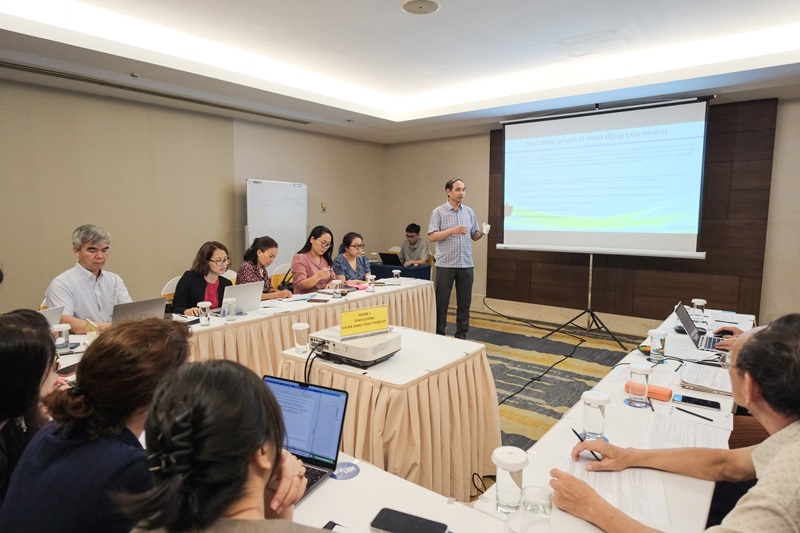
Delegates were divided into five technical working groups to discuss in depth the priority pillars outlined in the PIP, each reflecting both systemic challenges and new opportunities for transformation
The fourth pillar addressed food loss and waste reduction. With global food waste exceeding 30%, Viet Nam is no exception, and delegates highlighted the importance of investing in post-harvest infrastructure, storage technology, and public awareness to reduce waste across the value chain. The fifth and final pillar, sustainable distribution and consumption, stressed the need to modernize wholesale markets, establish traceable, green value chains, and foster responsible consumption habits—particularly among urban youth and the growing middle class, who are shaping future market demand. In conclusion, the working groups proposed a range of practical adjustments to the 37 PIP tasks to enhance their feasibility, ensure regional adaptability, and encourage greater participation from both the private sector and local authorities.
Multistakeholder partnerships and the central role of the private sector
A hallmark of the workshop was the participation of over 100 stakeholders, including representatives from line ministries, provincial authorities, international organizations (such as FAO, IFAD, CIRAD, CIAT), the Embassy of Ireland, research institutes, enterprises, and cooperatives. This reflects the multisectoral nature of food system transformation.
UNDP and other development partners highlighted the catalytic role of the private sector—from investing in green innovation and value chains to adopting responsible food business models. The workshop showcased initiatives on green finance, public–private partnerships (PPP), and pilot carbon markets in agriculture.
Pilot models supported by international partners in Son La and Dong Thap are laying the foundation for national scaling. The One Million Hectares of Low-Emission High-Quality Rice initiative in the Mekong Delta was cited as a flagship effort that integrates food security, livelihoods, climate mitigation, and agri-trade.
Empowering the private sector not only unlocks financial resources but also helps disseminate sustainable food practices—especially among urban consumers, youth, and the growing middle class, who increasingly shape market demand.
Embedding food systems into climate and SDG agendas
The Programme Implementation Plan (PIP) is intentionally designed to align with Viet Nam’s broader development strategies, including the updated Nationally Determined Contributions (NDC 3.0) under the Paris Agreement, the 2030 Sustainable Development Goals (SDGs), and the national strategy for ecological agriculture and advanced new rural development. According to the Ministry of Agriculture and Environment, embedding food system priorities into NDC 3.0 will elevate the visibility of agriculture within the national climate roadmap, while unlocking access to global climate finance instruments such as the Green Climate Fund (GCF) and carbon credit mechanisms.
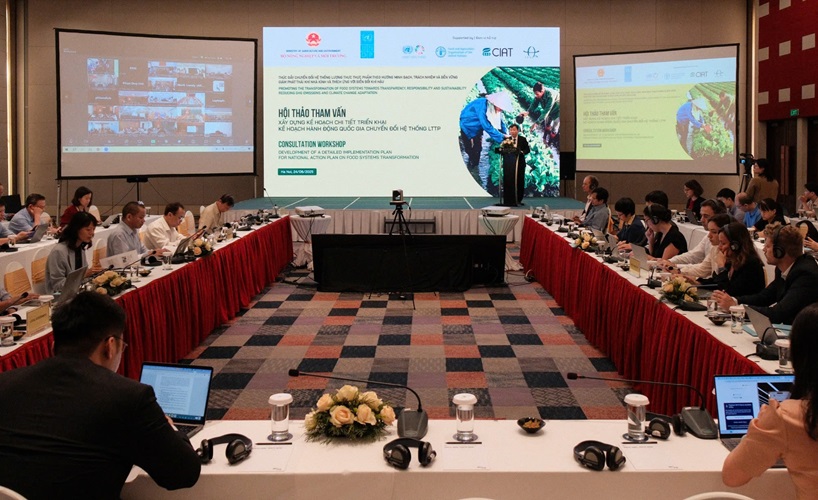
The June 24 workshop highlighted Viet Nam’s strong commitment to food system transformation as a driver of green, digital, and social change
The food system transformation agenda also acts as a convergence point for multiple SDGs. These include Goal 1 (No Poverty), Goal 2 (Zero Hunger), Goal 3 (Good Health and Well-being), Goal 12 (Responsible Consumption and Production), and Goal 13 (Climate Action). Development partners at the workshop commended Viet Nam’s integrative and cross-cutting approach, viewing it as a promising model that could be replicated across the ASEAN region.
Once finalized, the PIP will serve as the foundation for Viet Nam’s national report to the UN Food Systems Summit +4 (UNFSS+4) in July 2025. This will be a strategic opportunity for the country to reaffirm its leadership and commitment to global food system reform grounded in equity, inclusiveness, and sustainability.
The June 24 workshop reaffirmed Viet Nam’s determination to reshape its food system along the principles of transparency, accountability, and sustainability. More than a policy dialogue, it marked a shift toward a new development paradigm—placing food at the heart of green, digital, and social transformation.
Each pillar—from institutional reform and agroecology to nutrition, waste reduction, and consumer behavior—demands concrete, coordinated action by the government, the private sector, and society at large.
In line with the “leave no one behind” principle, food system transformation is not only about improving agriculture—it is an opportunity to secure livelihoods and well-being today while building a green, inclusive, and resilient economy for generations to come.
Success requires a clear roadmap, flexible implementation mechanisms, and above all, unwavering political will from central to local levels.
Minh Thao




